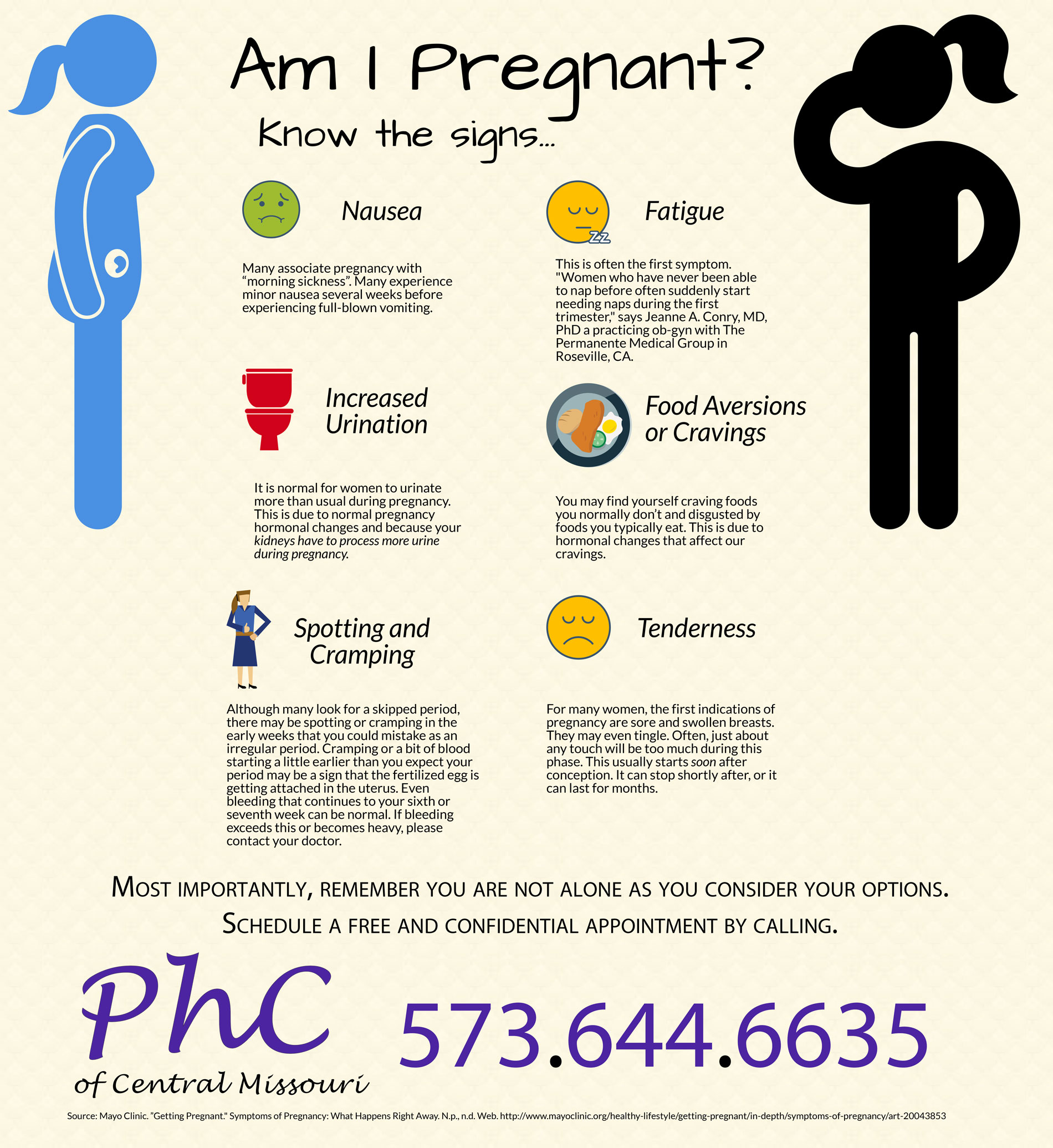
Pregnancy Stage Symptoms: A Comprehensive Guide
Pregnancy is a transformative journey that brings about a myriad of physical, emotional, and hormonal changes. Understanding the symptoms associated with each stage of pregnancy can help expectant mothers navigate this extraordinary experience with confidence and preparedness.
First Trimester (Weeks 1-12)
- Missed period: The most common early sign of pregnancy is a missed period.
- Nausea and vomiting (morning sickness): Hormonal fluctuations can trigger nausea and vomiting, typically in the morning.
- Breast tenderness and enlargement: Increased hormone levels stimulate breast development, causing tenderness and swelling.
- Frequent urination: As the uterus expands, it puts pressure on the bladder, leading to increased urination.
- Fatigue: Progesterone, a hormone that supports pregnancy, can cause extreme fatigue.
- Mood swings: Hormonal changes can also affect mood, causing irritability, anxiety, or depression.
- Bloating: Progesterone can relax the digestive system, leading to bloating and gas.
- Food cravings and aversions: Altered taste and smell can result in cravings for certain foods and aversions to others.
- Light spotting or bleeding: Implantation bleeding, which occurs when the fertilized egg attaches to the uterine lining, can cause light spotting or bleeding.
Second Trimester (Weeks 13-28)
- Fetal movement: Around week 16-20, most women begin to feel the baby’s movements.
- Increased appetite: As the baby grows, the mother’s energy needs increase, leading to an increased appetite.
- Weight gain: Weight gain is expected during pregnancy, with most women gaining 10-15 pounds by the end of the second trimester.
- Skin changes: Hormonal changes can cause darkening of the skin around the nipples, underarms, and groin.
- Stretch marks: As the skin stretches to accommodate the growing baby, stretch marks may appear on the abdomen, thighs, and breasts.
- Varicose veins: Increased blood volume and pressure can cause varicose veins, which are swollen, bulging veins.
- Leg cramps: Pressure on the nerves and blood vessels can lead to leg cramps.
- Constipation: Progesterone can slow down digestion, causing constipation.
- Heartburn: The growing uterus can put pressure on the stomach, leading to heartburn.
Third Trimester (Weeks 29-40)
- Braxton Hicks contractions: These irregular, painless contractions are the body’s way of preparing for labor.
- Pelvic pressure: As the baby descends into the pelvis, pressure on the pelvic floor can cause discomfort.
- Swelling in the hands, feet, and ankles: Fluid retention can lead to swelling in the extremities.
- Shortness of breath: The growing uterus can press on the diaphragm, making it harder to breathe.
- Frequent urination: As the baby’s head engages in the pelvis, it can put pressure on the bladder, increasing urination frequency.
- Hemorrhoids: Increased blood flow and pressure can cause hemorrhoids, which are swollen veins in the rectum.
- Back pain: The weight of the baby and the changes in posture can put strain on the back.
- Insomnia: Discomfort and anxiety can make it difficult to sleep.
- Mood swings: Hormonal changes and the anticipation of labor can lead to mood swings.
Additional Symptoms to Watch For
While most pregnancy symptoms are normal, certain symptoms warrant medical attention:
- Severe pain or cramping
- Vaginal bleeding or spotting
- Fever or chills
- Headaches that do not go away
- Blurred vision or seeing spots
- Swelling in the face or hands
- Sudden weight gain or loss
- Decreased fetal movement
Managing Pregnancy Symptoms
- Get plenty of rest: Fatigue is common during pregnancy, so prioritize rest and naps.
- Eat a healthy diet: Nourish your body with nutrient-rich foods to support fetal growth and overall well-being.
- Stay hydrated: Drink plenty of fluids to prevent dehydration and reduce swelling.
- Exercise regularly: Moderate exercise can help alleviate back pain, improve mood, and reduce the risk of gestational diabetes.
- Manage stress: Engage in stress-reducing activities such as yoga, meditation, or spending time in nature.
- Use over-the-counter medications: Certain over-the-counter medications, such as acetaminophen, can relieve mild pain or discomfort.
- Consult your healthcare provider: Do not hesitate to contact your healthcare provider if you experience any concerning symptoms or have questions about managing pregnancy symptoms.
Conclusion
Pregnancy is a unique and transformative experience, accompanied by a wide range of physical, emotional, and hormonal changes. Understanding the symptoms associated with each stage of pregnancy can empower expectant mothers to navigate this journey with confidence and preparedness. By managing symptoms effectively and seeking medical attention when necessary, women can optimize their health and well-being throughout pregnancy and beyond.